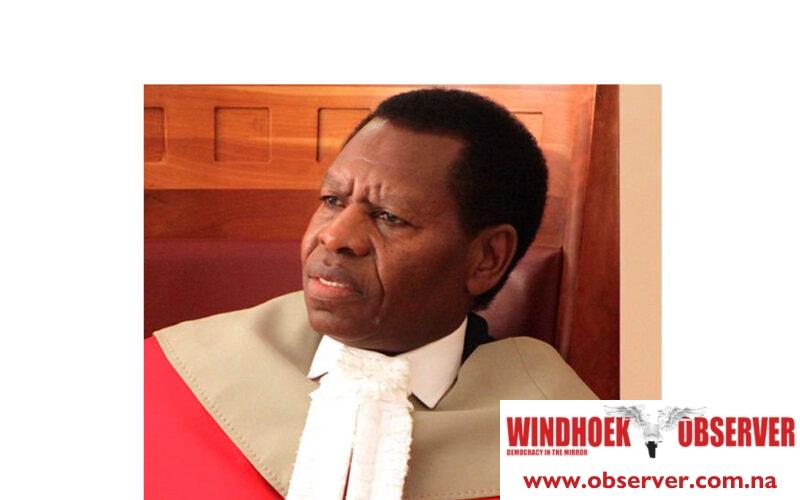Stefanus Nashama
Yesterday, Chief Justice Peter Shivute administered the oath of office to two new Members of Parliament from the Popular Democratic Movement (PDM), Loide Iipinge and Katrina Benz.
They are stepping in for Jan van Wyk and Frans Bertolini, previously of the United People’s Movement (UPM).
This transition occurred following the Speaker of the National Assembly, Peter Katjavivi’s declaration of vacancies on behalf of PDM’s request. This was the result of the UPM departing from their alliance with the PDM to support Ally Angula’s independent presidential candidacy.
The vacancies emerged when PDM’s Secretary-General, Manuel Ngaringombe, petitioned for the dismissal of the two UPM parliamentarians earlier this week.
Ngaringombe cited their alliance with the National Empowerment Fighting Corruption (NEFC) party and their endorsement of Angula as contraventions of the August 2019 memorandum of understanding between UPM and PDM, set to last until March 2025.
The union between UPM and NEFC last week, including their support for Angula in the upcoming November elections, was pinpointed as a blatant breach of their agreement with PDM.
Despite NEFC President Kenneth Iilonga clarifying that their support is for Angula as an independent presidential candidate and not as an alignment with UPM, he affirmed their collective backing for Angula, without fielding their candidates for the presidency.
Iilonga criticized the replacement of UPM parliamentarians by PDM, arguing it showcased a preference for party over national interests.
He advocated for legislative revisions to better accommodate alliance members within the National Assembly, emphasizing representation for the nation over party lines.
Despite Iilonga’s stance, the switch underscores the political manoeuvring within Namibia’s legislative body and the complexities of party alliances and endorsements.
Both newly inducted members, Benz and Iipinge, have yet to comment extensively, with the replaced UPM members also unavailable for remarks.
This reshuffling within the National Assembly illustrates the delicate balance between political alliance strategies and the overarching duty towards national representation, igniting discussions on the principles governing party affiliations and legislative representation in Namibia.




